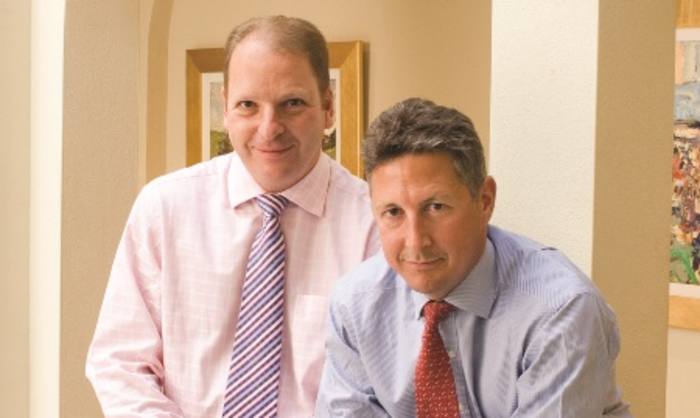
Outsourced investment managers offer advisers "an awful lot of mediocrity", according to Gary Potter, co-head of multi-manager at BMO Global Asset Management.
He said advisers were moving increasingly to outsourced solutions, such as model portfolios, multi-asset funds and multi-manager funds, like BMO's.
But Mr Potter said those advisers who had more recently started outsourcing “might have chosen a cheaper solution”, and added, “if cheap, it’s for a reason”.
Paul Green, an investment manager in the multi-manager team at BMO Global Asset Management, which manage £3.3bn, said multi-manager is about finding the best manager across asset classes.
But some of the newer [outsourced] solutions have kept all of their investments in one [fund] house”, Mr Potter said.
He also suggested some companies do not have “great records in all those asset classes” they invested in.
Both managers addressed the focus on fees in the investment industry and said the “acid test” for outsourced investment products was, “do they justify the fee paid for the help advisers are getting?”.
“The higher the fees charged, the less is left for investors,” Mr Potter acknowledged, but he said advisers had been encouraged to seek lower cost options because of the way they have to run their businesses now.
He called for the debate around fees to move on “and a truer assessment of value add found”.
Dennis Hall, chartered financial planner at Yellowtail Financial Planning, said he does not use outsourced solutions and had no intention of doing so.
"Cost is a driver, as is reducing complexity. I don’t use multi-manager funds as they haven’t been proven to outperform (or even match) a simple tracker style portfolio," he suggested.
"We are not trying to be ‘fund managers’ or ‘discretionary managers’ but we find there are excellent, simple investment funds out there which will manage and internally re-balance at a much lower cost and with arguably better returns over all meaningful periods."
Turning to the multi-manager portfolios Mr Potter runs alongside Rob Burdett (both pictured), he said its income strategies had a hard time last year. The MM Navigator Distribution fund's performance saw it fall to third quartile in its sector.
Mr Green said this was down to growth companies driving the market, such as the Fang stocks – Facebook, Amazon, Netflix and Google.
“In the second quarter of 2018 value has seen a resurgence as bond yields pick up,” Mr Green explained.
Although he admitted the situation in Italy had been a setback this week, he confirmed the multi-manager team had “learnt not to let macro dominate thoughts”.
Mr Potter believes the investment market “has become hyper short term”, but he said their clients were coming to advisers with their hard-earned savings with a medium to long-term view.
As previously reported by FTAdviser, the multi-manager team currently has its lowest ever exposure to passives, and is still underweight to the US and to fixed income.






